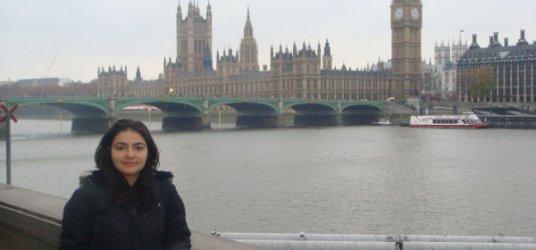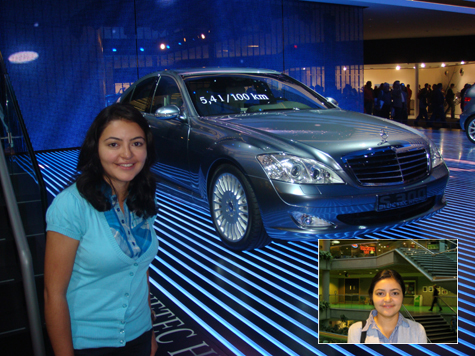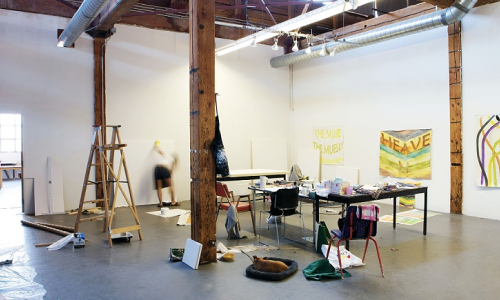
Sanaz Jahanbakhsh’s story is as alluring as they come in the world of WIL (Work Integrated Learning). Girl meets co-op. Girl lands international placement in Sindelfingen, Germany. Girl escapes to France, Italy and Sweden on weekends. Girl perfects design of highly specialized automobile engineering project for Daimler.
In a region where weekend getaways to Paris cost a mere twenty Euro, it is difficult to not be exposed to richly diverse cultural experiences. However, the most drastic culture shock for Sanaz Jahanbakhsh occurred at work in Sindelfingen. While on a six-month-long work placement with Daimler, former partner of the Chrysler corporation, the seasoned co-op student found that in the land of pastries and beer that would tempt the meekest of appetites, things are done a little differently.
“Even the trains and buses are punctual,” says Sanaz of the transit system which whisked her from the University of Stuttgart dorm where she dwelled, fifteen minutes away to the offices of Daimler. “If they say 10:22, they’ll be there at 10:22! If it’s a minute late, everyone’s shaking their heads.” On the west coast of Canada where we have a reputation for being laid back, this sort of stringent adherence to schedule may seem a bit frenzied. However, roughly seven thousand kilometers away, this is life as the norm. A few minutes late equals a perceived disrespect for your employer.
Such is the main convention which set Sanaz’ German workplace apart form her prior co-op placement with Nokia in Richmond and Burnaby. Timeliness, efficiency, resourcefulness: the foundations of the Daimler workday. And resourceful she had to be. “In Vancouver, we tend to work in groups and ask lots of questions. In Sindelfingen, we had fewer people to draw from. We were put in groups of about two, and we worked fast-paced with tight deadlines. If you didn’t finish a project in time, it was abandoned.” Thus, after a few months, Sanaz had developed quite the strong work ethic.

Having been transplanted into a region whose native tongue she did not speak, it also took Sanaz a few months to adjust to the culture. “I didn’t even know how to say hello. Everyone in the office would speak English to me but when they spoke about my work, they spoke in German, so I didn’t know if I was getting good feedback or bad.” As it turns out, Sanaz’ feedback was good. And after a few months of rapid learning, she missed the comforts of home and school a little less. What is more, the advantage of being so far from home meant that travel to foreign and exotic places cost mere change in comparison to travel rates in Canada.
It is a well known fact that when you are living in Central Europe, a weekend getaway to London or Barcelona is a feasible affair. Indeed, as Sanaz quickly discovered, a major advantage of undertaking an international co-op is that when you catch the traveling bug, you’re apt to add a few unplanned stamps to your passport. And in fact, such adventurous travel did not even require a passport. Encountering no international border lineups in the sense to which we in British Columbia have become accustomed, her journey took her to France, Switzerland, Austria, Denmark, Sweden, Italy and beyond.
“It can be very stressful at first,” says Sanaz, recalling her first few weeks in a foreign environment. “But once you get used to the system and how to manage your time, you actually have time to do fun things. When asked if she’d do it all again if she was given the choice, she responds with conviction, “I definitely would, but this time I’d learn some German first! I’d also plan out my weekend travels farther in advance so that I could spend more time in each location.” Nevertheless, Sanaz now has quite the extensive travel and cultural repertoire, not to mention an invaluable addition to her resume. Read more about Sanaz’ engineering work in Sindelfingen, as well as her views on the cross-cultural differences between Germany and Canada in Part two of this article.















